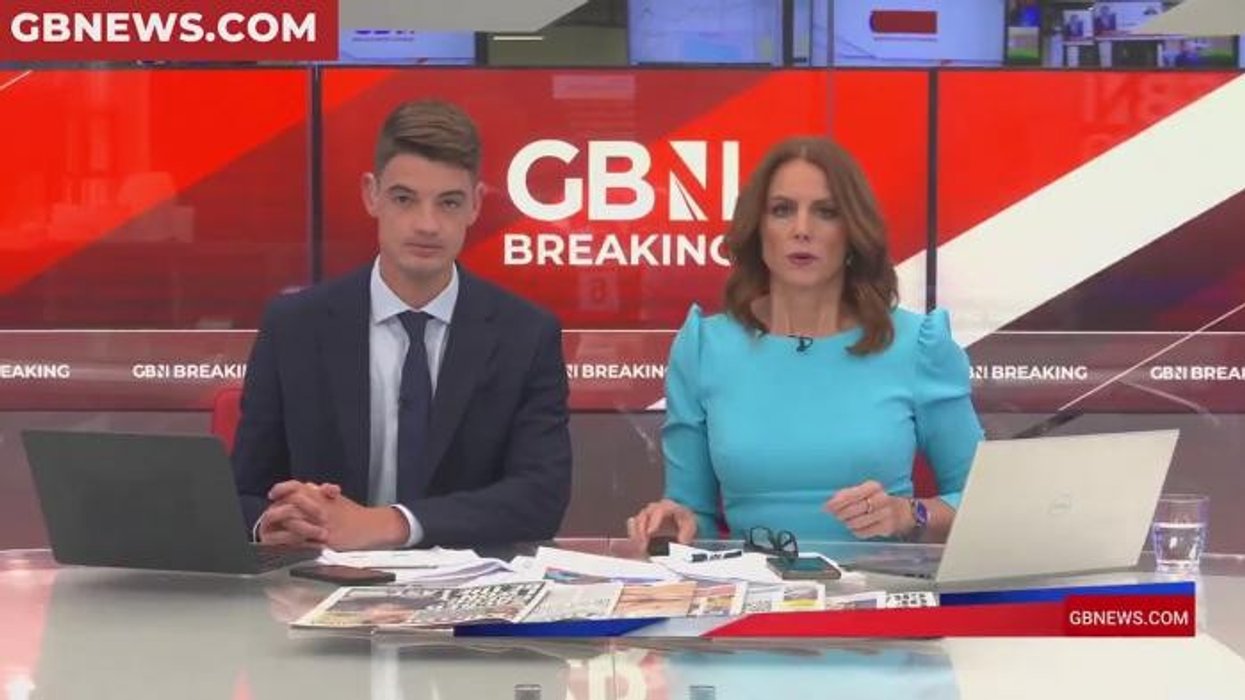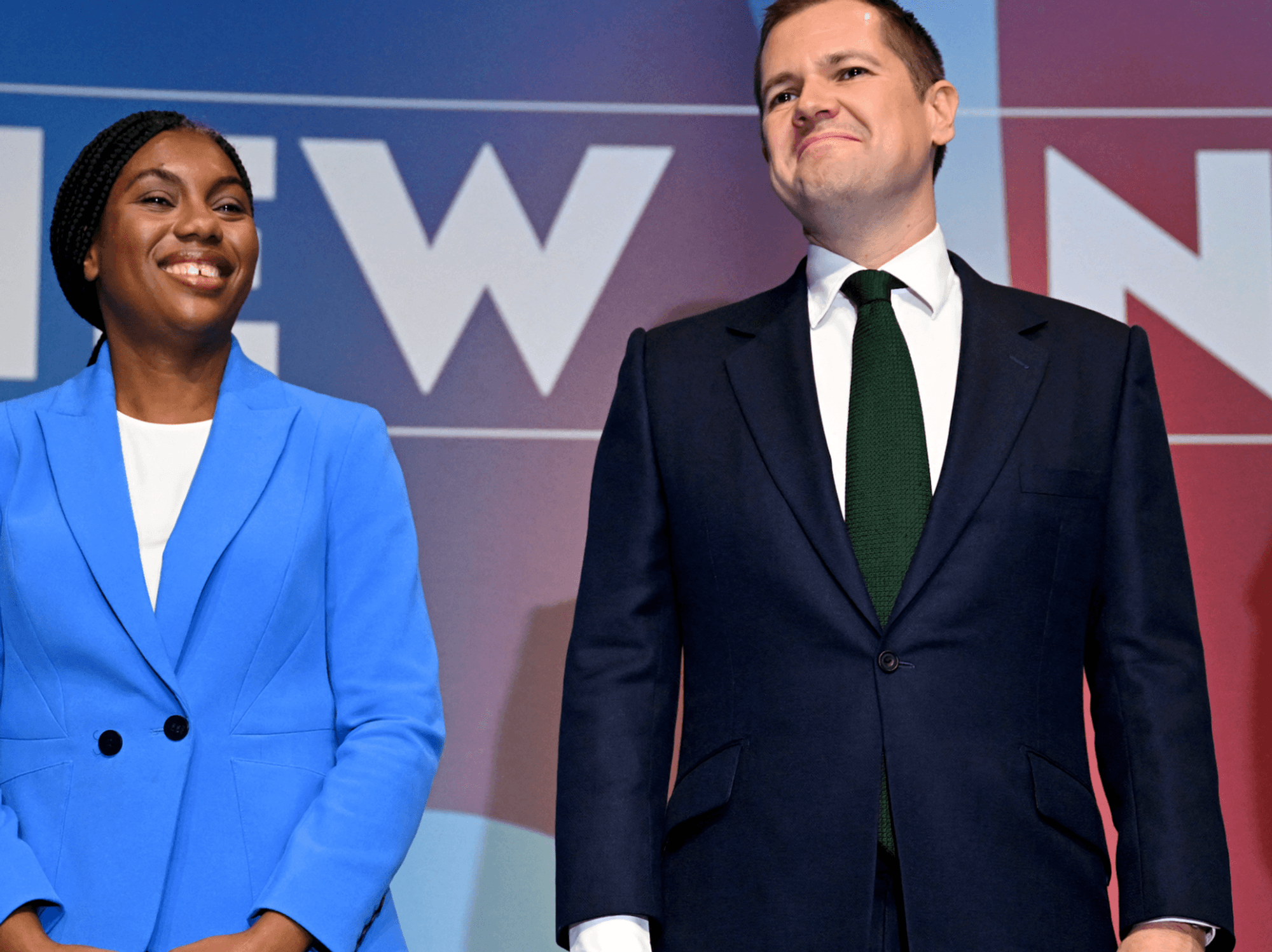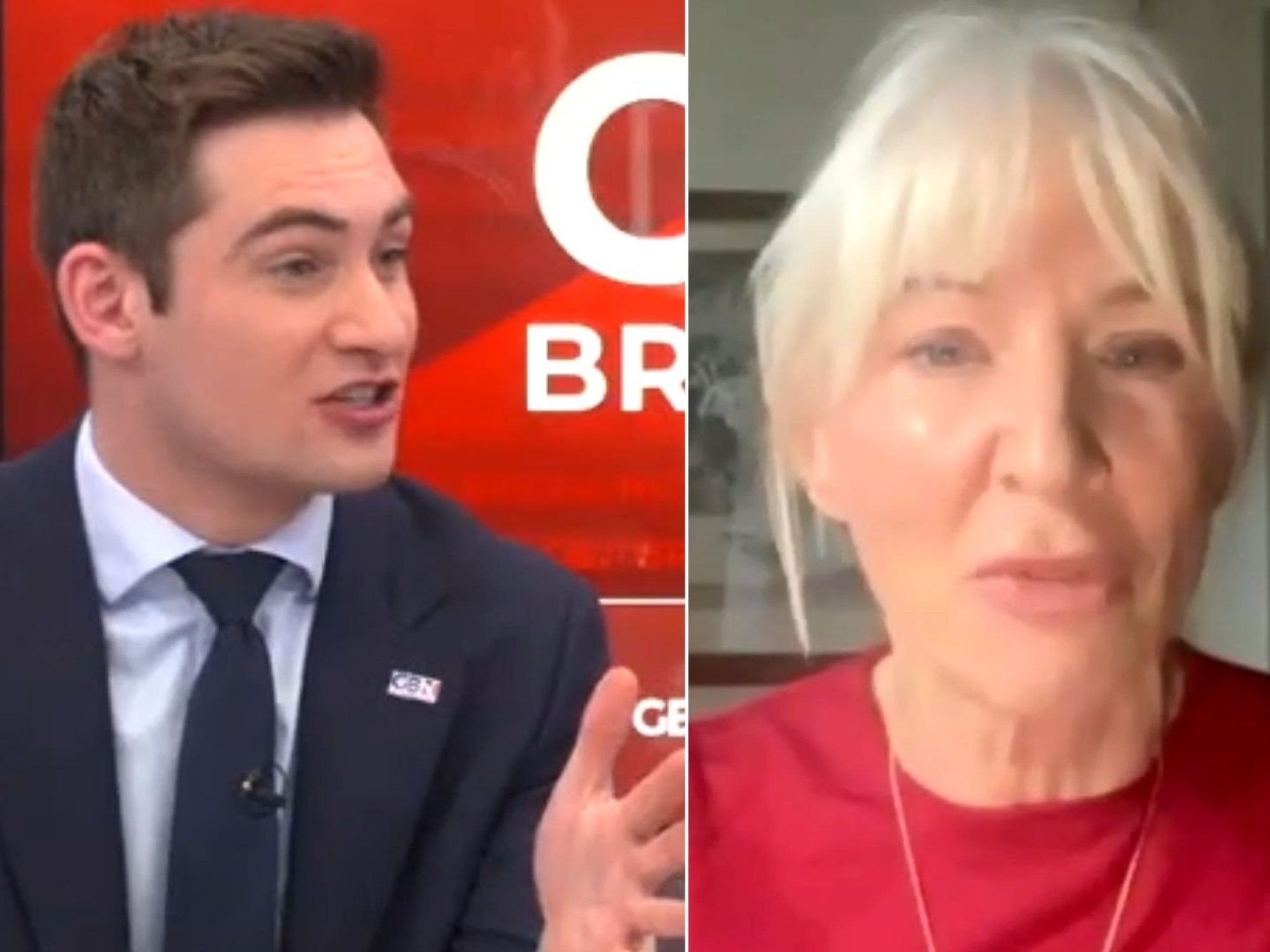DWP alert: Major overhaul to Universal Credit and other benefit payments next year - full breakdown here

The Government's controversial Universal Credit Bill has been listed for its second reading in the House of Lords
Don't Miss
Most Read
Latest
The Department for Work and Pensions (DWP0 is set to implement four major changes to the benefits system as part of a major overhaul. MPs have voted to approve the Universal Credit Bill by 336 to 242, paving the way for sweeping welfare reforms that will affect millions of households across Britain.
This he legislation passed through the House of Commons and will now proceed to the House of Lords for further scrutiny before receiving Royal Assent. According to the DWP, the reforms aim to address what it calls a "fundamental imbalance in the system which creates perverse incentives that drive people into dependency".
Work and Pensions Secretary Liz Kendall said: "Our reforms are built on the principle of fairness, fixing a system that for too long has left people trapped in a cycle of dependence."
However, what are the reforms to the Government department and how will it impact those in receipt of Universal Credit and other DWP benefits?
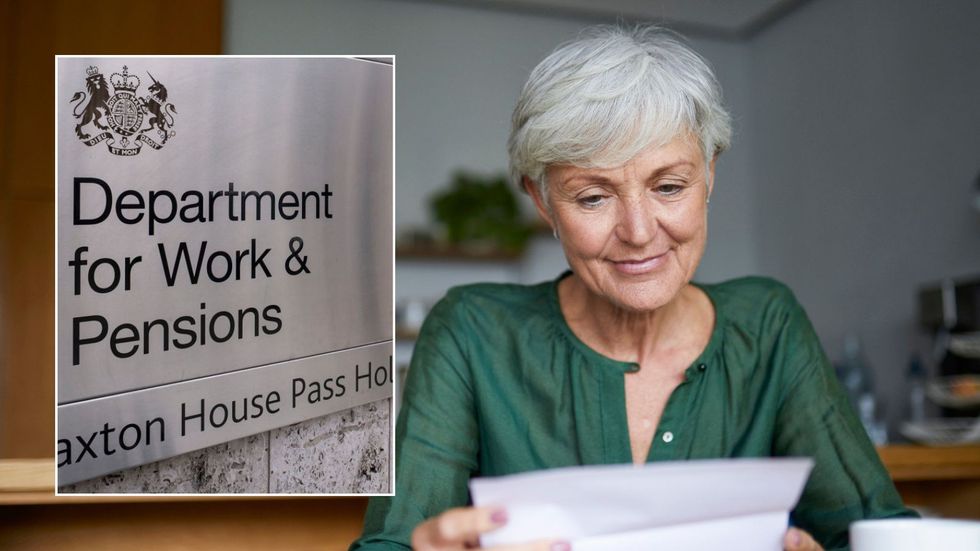
Major changes to the DWP are coming next year
|GETTY
These reforms will see the Universal Credit standard allowance rise above inflation for the next four years, delivering an estimated £725 annual increase by 2029/30 for a single adult aged 25 or over.
Nearly four million households stand to benefit from this permanent increase, according to the DWP. The Institute for Fiscal Studies (IFS) has identified this as the most substantial permanent real-terms increase to the main rate of out-of-work support since 1980.
Kendall added: "We are giving extra support to millions of households across the country, while offering disabled people the chance to work without fear of the repercussions if things don't work out."
The DWP says the changes will ensure the standard allowance permanently rises above inflation, addressing long-standing issues within the welfare system.
Do you have a money story you’d like to share? Get in touch by emailing money@gbnews.uk.
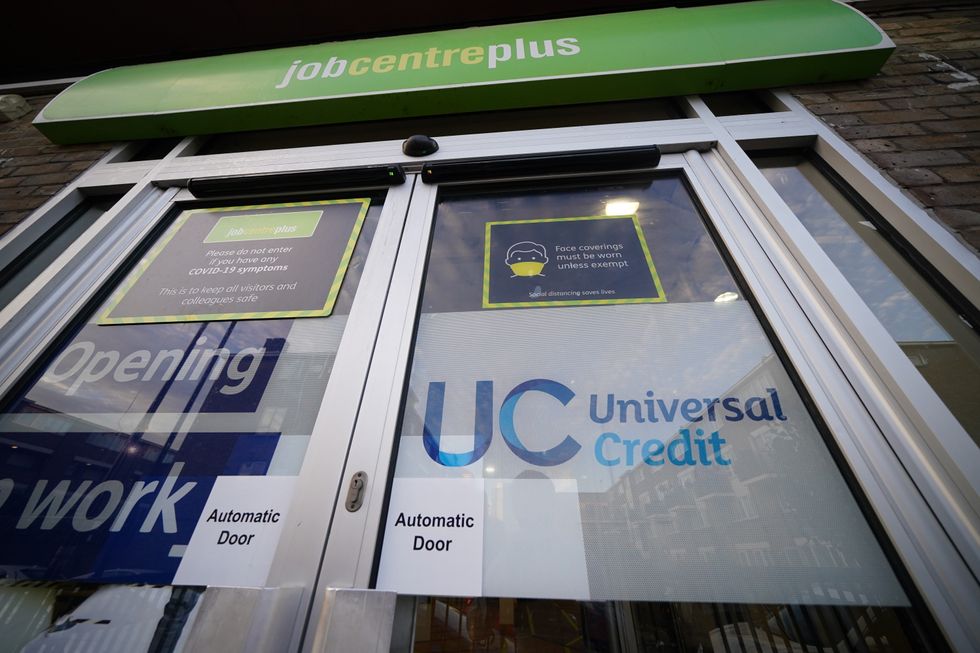 Universal Credit is the primary benefit payment for those out of work | PA
Universal Credit is the primary benefit payment for those out of work | PAHowever, the Bill introduces significant reductions for new claimants from April 2026, who will receive health top-ups of just £50 per week.
This represents a substantial cut from current rates, though existing recipients of the Universal Credit health element will maintain their higher payments after April 2026.
The DWP has confirmed that new claimants meeting the Severe Conditions Criteria or those with claims considered under the Special Rules for End of Life will still receive the higher Universal Credit health payment.
According to the department, these changes are designed to rebalance the core payment and health top-up within Universal Credit. The reforms will create different payment levels depending on when people first claim benefits, establishing what critics describe as a two-tier system for disability support.
Disability charities have strongly criticised the reforms, warning they will create severe hardship for vulnerable people.
Thomas Lawson, CEO of Turn2us, said: "MPs voted to reduce support for people unable to work by over £200 a month. Halving the health element of Universal Credit for anyone who becomes sick from April 2026 will increase hardship and mean even more people are going without essentials."
LATEST DEVELOPMENTS:
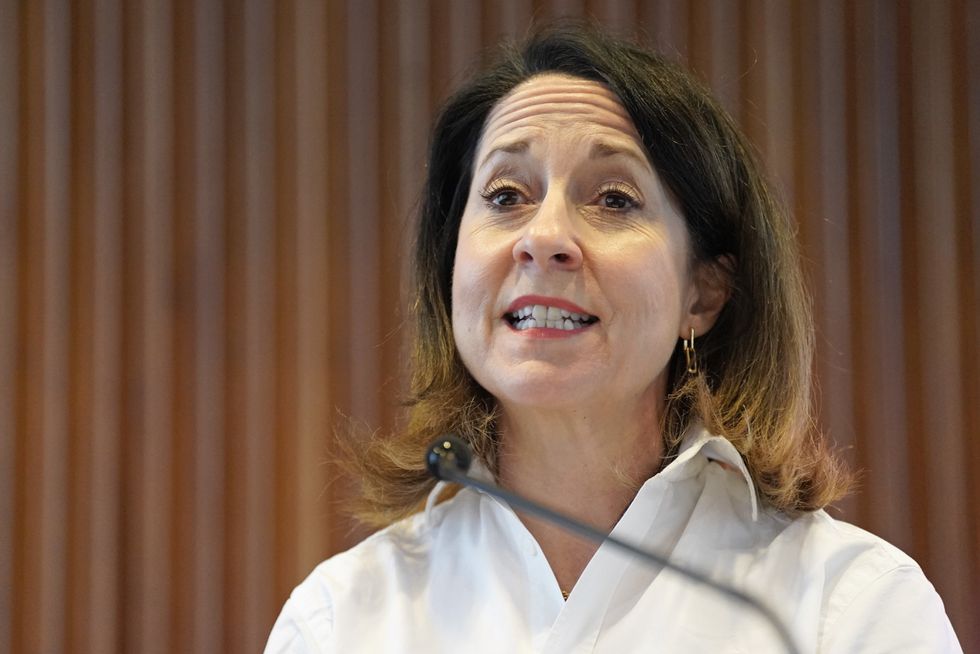 DWP minister Liz Kendall has spearheaded drastic reform to the welfare system | PA
DWP minister Liz Kendall has spearheaded drastic reform to the welfare system | PA James Watson-O'Neill, the chief executive of Sense, said the changes would make disabled people who apply for benefits after 2026 "£47 a week poorer."
He warned: "This proposal will create an unfair, two-tier system, where still more disabled people are pushed into poverty simply because they started claiming benefits later."
The Bill also introduces a "Right to Try Guarantee" allowing people receiving health and disability benefits to attempt work without fear of reassessment. This measure covers individuals with disabilities or health conditions, including those recovering from illness, who wish to return to work as their health improves.
Additionally, 200,000 people classified under the Severe Conditions Criteria - those with the most severe, lifelong conditions unlikely to improve - will be exempt from Universal Credit reassessment.
The reforms are supported by £3.8billion in employment support funding over the Parliament, which will provide tailored employment, health and skills assistance.


